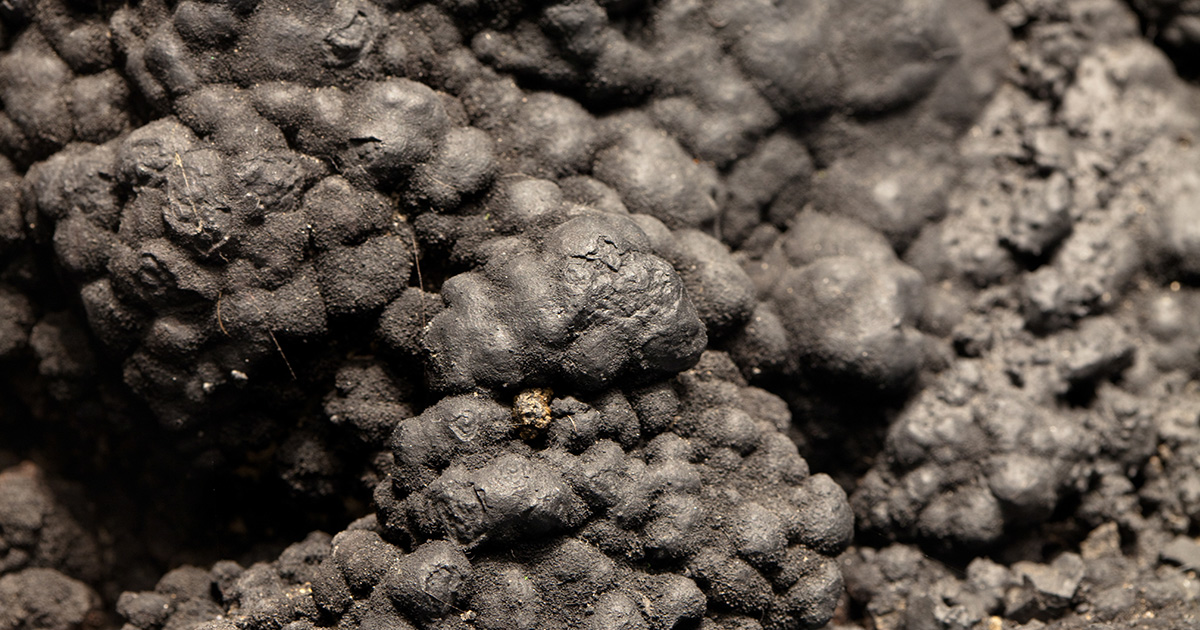Lifecycle Assessment by Benchmark Shows TMC’s NORI-D Nodule Project Could Outperform Land-Based Routes of Producing Nickel, Copper and Cobalt in Almost Every Impact Category Analyzed

TMC the metals company Inc. (“TMC” or “The Metals Company”), an explorer of lower-impact battery metals from seafloor polymetallic nodules, announced that leading lithium-ion battery supply chain research firm, Benchmark Mineral Intelligence (“Benchmark”), has completed an independent third-party lifecycle assessment of the environmental impacts of the Company’s planned NORI-D Polymetallic Nodule Project as it looks to bring online the planet’s largest undeveloped deposit of critical battery metals. The full LCA report can be downloaded here and a summary document here.
Benchmark’s team of LCA practitioners set out to assess the potential impacts of mining, transport, processing and refining ('cradle-to-gate’) of important battery materials including an intermediate NiCuCo matte product and final end-products nickel sulfate, cobalt sulfate and copper cathode from seafloor polymetallic nodules collected from the NORI-D area. They then compared these impacts to producing the same metals via key land-based routes, including from Indonesian nickel laterites and mixed sulfides and oxides mined in the DRC. These raw material inputs are widely used in active cathode materials (CAM) for nickel-rich cathode chemistries for lithium-ion batteries and electrical wiring, enabling the rapid growth of electrified transport and energy storage.
Seven environmental impact categories critical for the metal industry were analyzed—global warming potential, stratospheric ozone depletion, terrestrial acidification, freshwater and marine eutrophication, particulate matter formation, water consumption—and supplementary research into waste generation was also conducted. Nickel, cobalt and copper products derived from the NORI-D Nodule Project performed better in almost every impact category, except for global warming potential (GWP) and water consumption of producing cobalt sulfate, where one land-based route performed better. With over half of nickel now being sourced from beneath biodiverse rainforests and carbon sinks in Indonesia, the study found that TMC’s nickel sulfate product would outperform not just Indonesian nickel but all other key land-based production routes, lowering emissions by between 70-80% on average, including with 70% lower GWP.
“This lifecycle assessment is one of the many science-based tools that TMC is using to quantify the impacts of our NORI-D project, which is helping us achieve two stated goals: to identify the impact hotspots of our future operations to address them before they begin; and to provide a clear picture of how they compare to the existing sources of the same metals today,” said Erica Ocampo, Chief Sustainability Officer for The Metals Company. “Every extractive activity has an impact on our planet and as society sets about securing the raw materials critical for the energy transition, we must carefully consider the environmental and social costs of all the options on the table, and use the data to make informed decisions about what costs are acceptable. LCAs like the one prepared by Benchmark are invaluable in helping us answer these challenging questions. Importantly, this LCA does not cover social impacts or impacts on biodiversity and ecosystem function—these impacts for the offshore nodule collection part of the lifecycle are being analyzed as part of our ongoing NORI-D Environmental and Social Impact Assessment program.”
Amid a historic decline in ore grades and in the face of rapidly rising demand, the search for new sources of metals for the energy transition risks exacerbating the environmental and social impacts of mining on land. Production of energy transition metals will need to increase six-fold by 2040 to meet the world’s ambitious climate targets, according to the International Energy Agency. TMC’s portfolio of nodule projects contains an estimated in situ resource of battery metals equivalent to the requirements of 280 million electric vehicles – approximately the size of the entire U.S. light vehicle fleet.
In January, TMC announced the publication of a peer-reviewed study in the Yale Journal of Industrial Ecology which found that seafloor polymetallic nodules could significantly reduce—and in some scenarios eliminate—the onshore solid waste streams typically generated by metal production from land ores. An earlier peer-reviewed study – published in the Journal of Cleaner Production – found that sourcing critical battery metals from seafloor nodules could reduce the lifecycle climate change impacts by up to 90%, compared to land ores.

